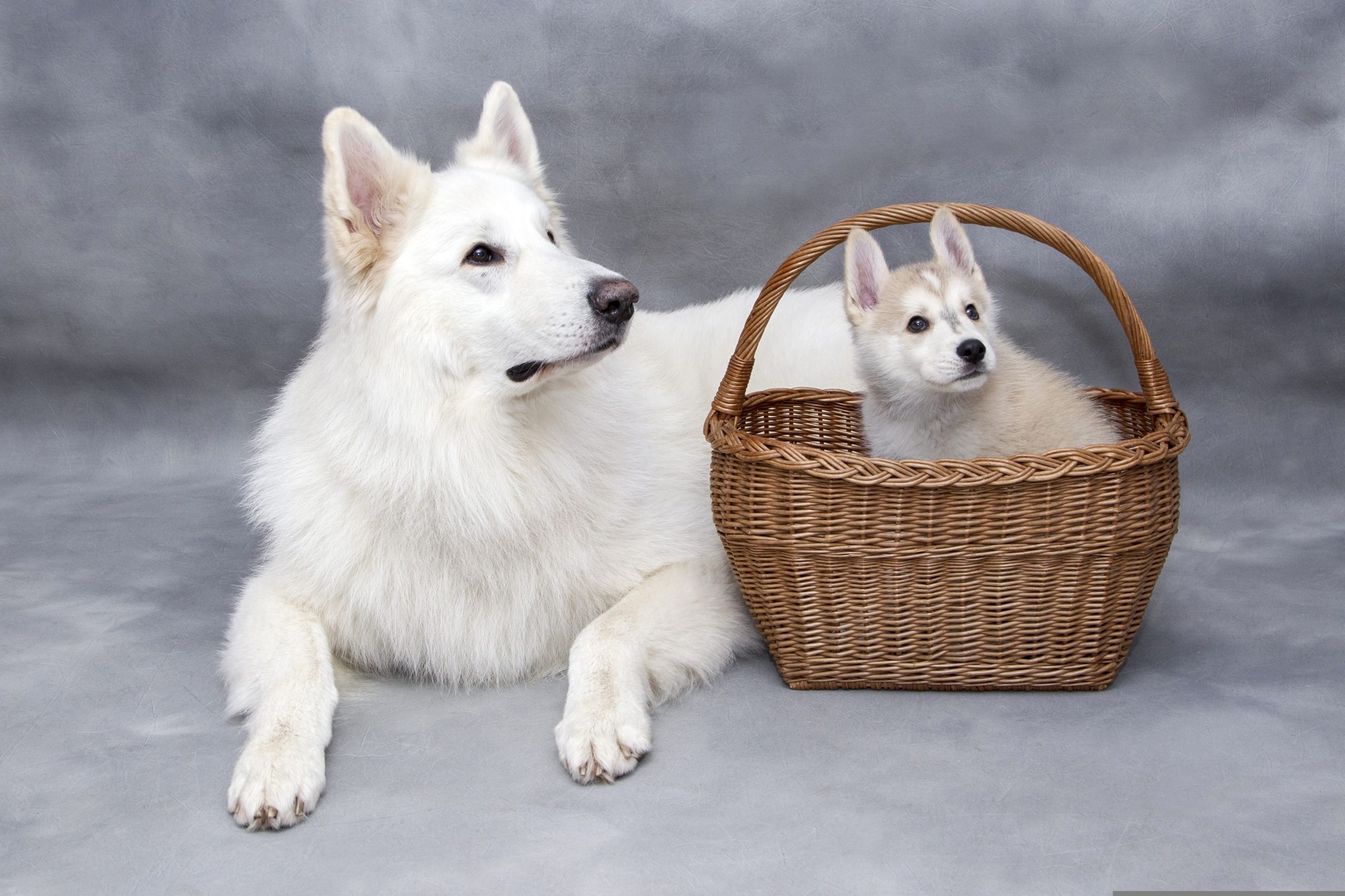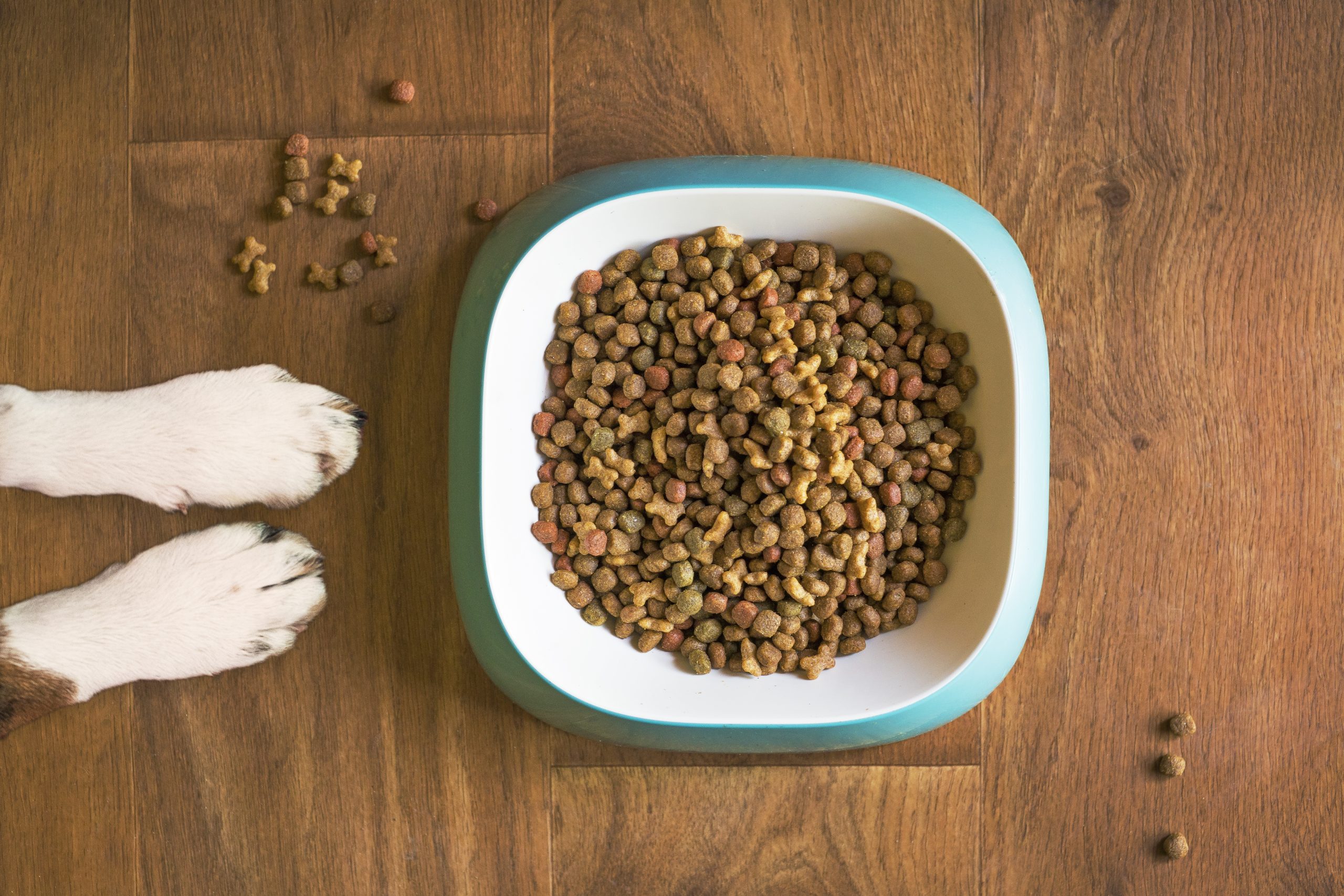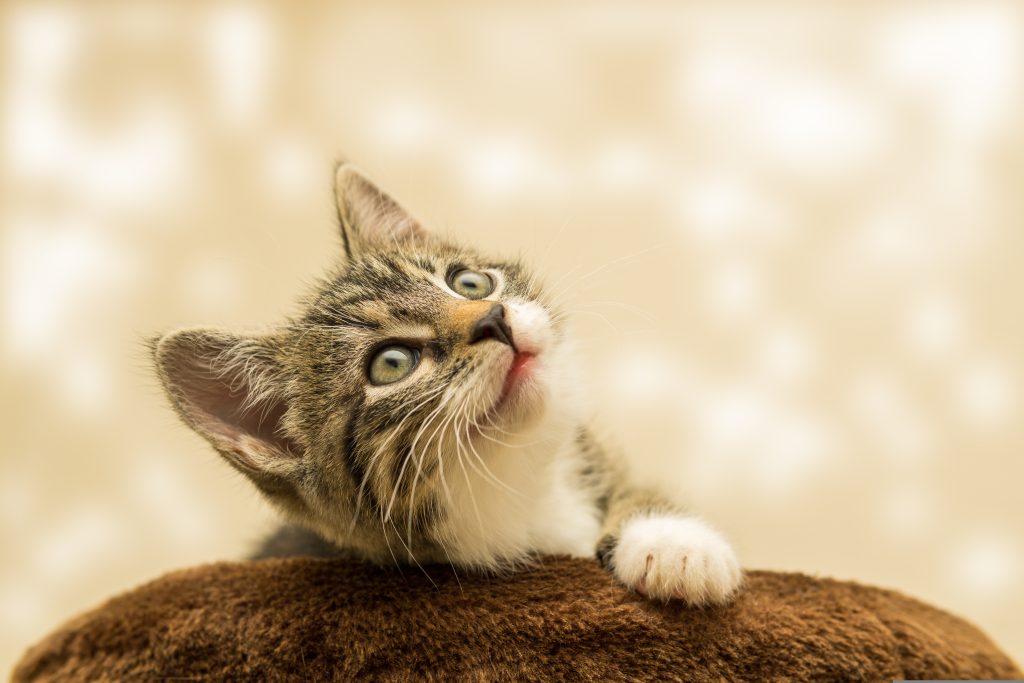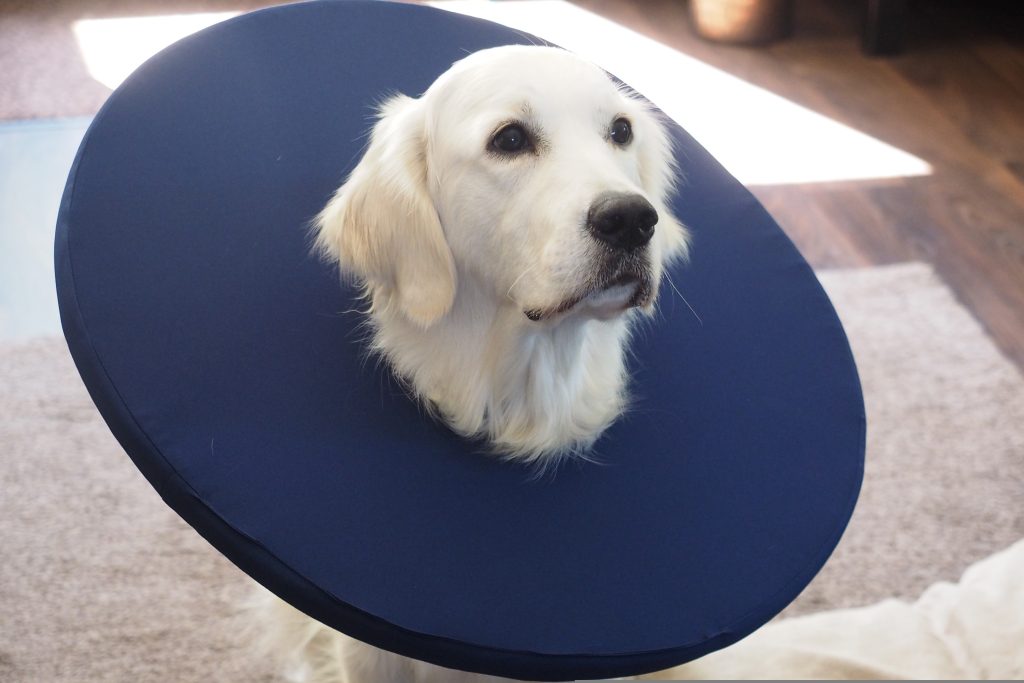Cushing’s Disease, also known as hyperadrenocorticism, is a complex endocrine disorder that affects both dogs and, less commonly, cats. It occurs when the body produces excessive amounts of cortisol, a hormone normally released in response to stress. This overproduction is typically caused by either a tumor in the pituitary gland or a tumor in the adrenal glands. In rare cases, it can also be iatrogenic, resulting from long-term use of corticosteroid medications. Cushing’s Disease primarily affects middle-aged to older animals and can have a significant impact on their quality of life if left untreated. The disease affects multiple body systems and can lead to a variety of health complications, making early diagnosis and proper management crucial for the well-being of affected pets.
Signs and Symptoms:
The signs and symptoms of Cushing’s Disease can be subtle at first and may be mistaken for normal aging. Common symptoms include increased thirst and urination, excessive appetite, weight gain, muscle weakness, and lethargy. Affected animals may also experience hair loss, typically symmetrical and most noticeable on the body rather than the head and legs. The skin may become thin and fragile, bruising easily and healing slowly. Pets with Cushing’s often develop a pot-bellied appearance due to weakened abdominal muscles and redistribution of fat. Other symptoms can include panting, recurrent skin infections, and, in some cases, neurological signs if a pituitary tumor grows large enough to affect brain function. In dogs, excessive panting, even at rest, is a common sign. Cats may show more subtle symptoms, often including an unkempt coat, fragile skin, and abdominal enlargement. It’s important to note that not all animals will show all symptoms, and the severity can vary widely between individuals, making regular veterinary check-ups essential for early detection.
Treatment Advice from our experts:
Treatment for Cushing’s Disease depends on the underlying cause and the overall health of the pet. For pituitary-dependent Cushing’s, which is the most common form in dogs, medical management is typically the first-line treatment. Drugs are used to suppress cortisol production or block its effects. These medications require careful dosing and regular monitoring to ensure effectiveness and minimize side effects. For adrenal-dependent Cushing’s, surgical removal of the affected adrenal gland may be recommended if the tumor is unilateral and hasn’t metastasized. In cases where surgery isn’t possible, medical management similar to pituitary-dependent Cushing’s may be used. For iatrogenic Cushing’s, gradual withdrawal of the causative steroid medication under veterinary supervision is necessary. Regardless of the treatment approach, regular follow-up appointments and blood tests are crucial to monitor the pet’s response to treatment and adjust as needed. Supportive care, including management of secondary issues like skin infections or urinary tract infections, is also an important part of the treatment plan. It’s important to note that treatment is usually lifelong and requires a strong commitment from the pet owner to ensure the best quality of life for their animal.
Preventive Measures for Cushings:
Preventing Cushing’s Disease is challenging as the exact cause of tumor development in the pituitary or adrenal glands is not fully understood. However, there are steps pet parents can take to promote overall endocrine health and potentially reduce the risk of Cushing’s or catch it early. Regular veterinary check-ups, especially for middle-aged and older pets, are crucial for early detection of any health issues, including Cushing’s. Maintaining a healthy weight through proper diet and regular exercise can help support overall health and may reduce stress on the endocrine system. Avoiding long-term use of medications without veterinary supervision is important, as prolonged exposure can lead to iatrogenic Cushing’s. For breeds known to have a higher incidence of Cushing’s, such as Poodles, Dachshunds, and small terriers, extra vigilance in monitoring for early signs can be beneficial. While these measures cannot guarantee prevention of Cushing’s Disease, they can contribute to better overall health and potentially earlier diagnosis if the disease does develop.
Conclusion:
Cushing’s Disease, while challenging, is a manageable condition with proper diagnosis and treatment. The complexity of this endocrine disorder underscores the importance of attentive pet ownership and regular veterinary care, especially as animals age. The varied and often subtle nature of its symptoms highlights the need for pet owners to be observant of changes in their animal’s behavior, appearance, and habits. While treatment can be long-term and requires commitment, advancements in veterinary medicine have significantly improved the prognosis for pets with Cushing’s Disease. With appropriate management, many affected animals can enjoy a good quality of life for years after diagnosis. The key to successful outcomes lies in early detection, tailored treatment plans, and consistent follow-up care. As research continues, our understanding of Cushing’s Disease and its management continues to evolve, offering hope for even better treatments in the future. For pet owners, education about this condition and proactive health management remain the best tools in ensuring the well-being of their beloved companions.




 Unlimited access and follow ups for continuous pet care
Unlimited access and follow ups for continuous pet care 








